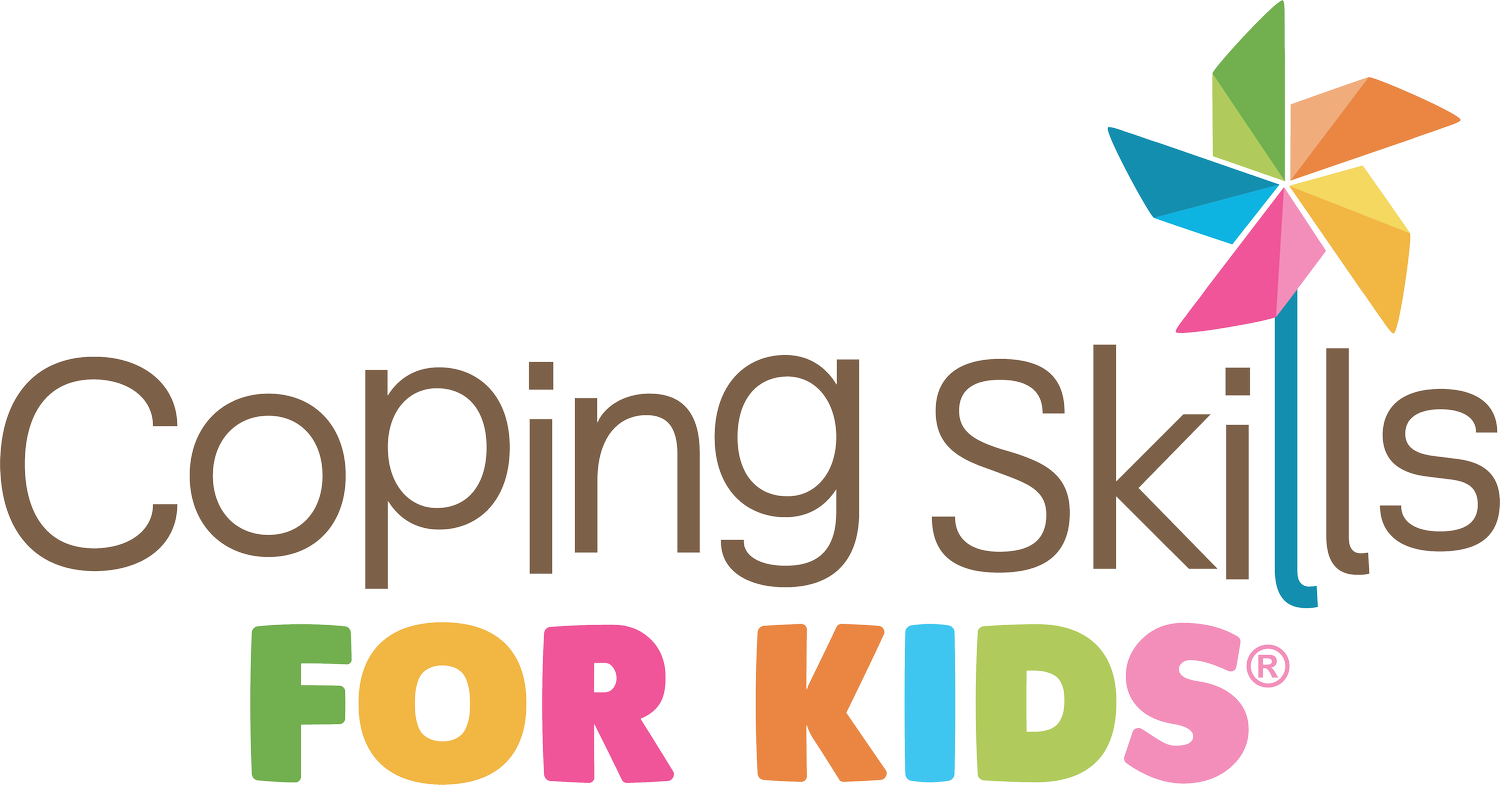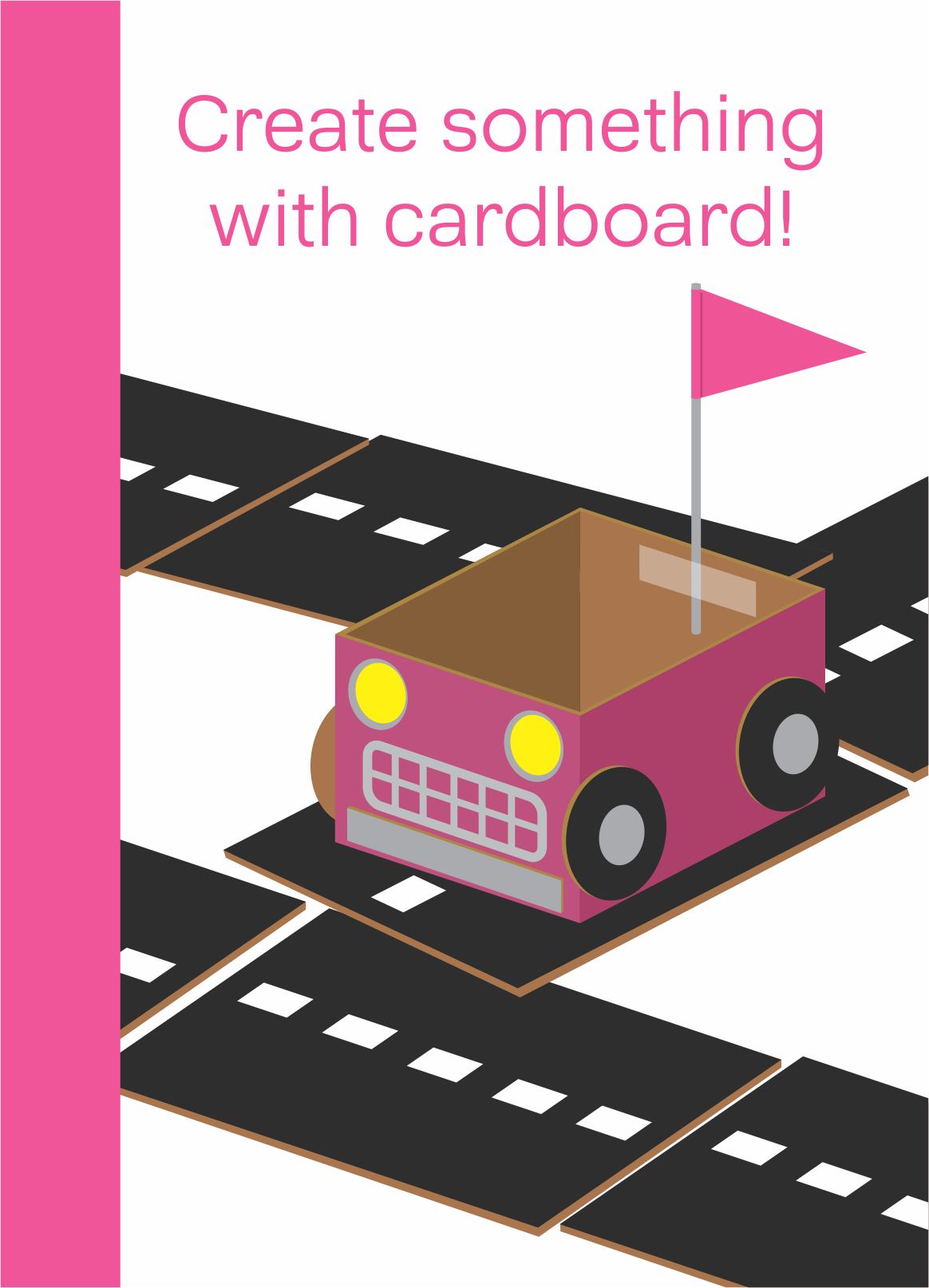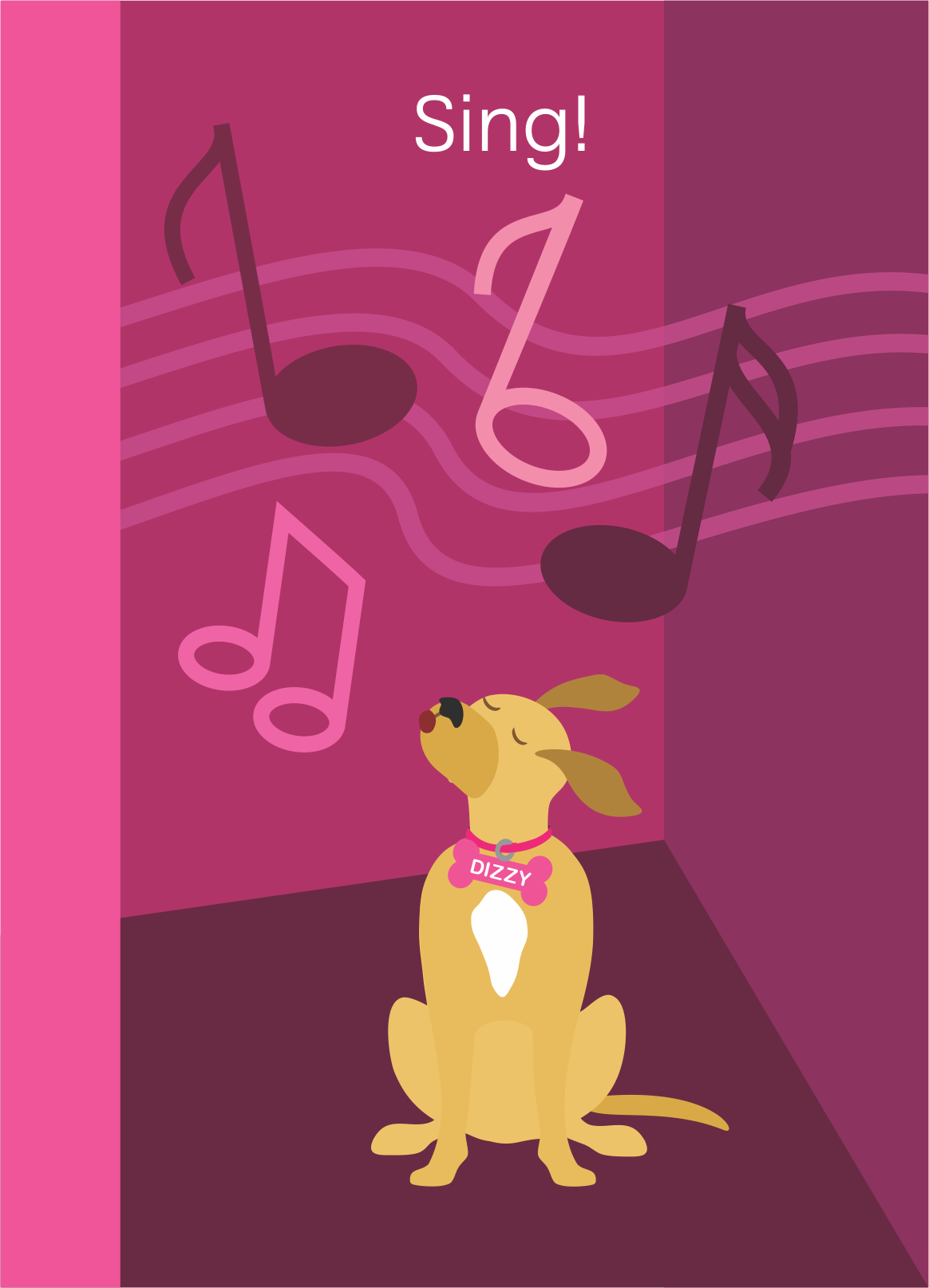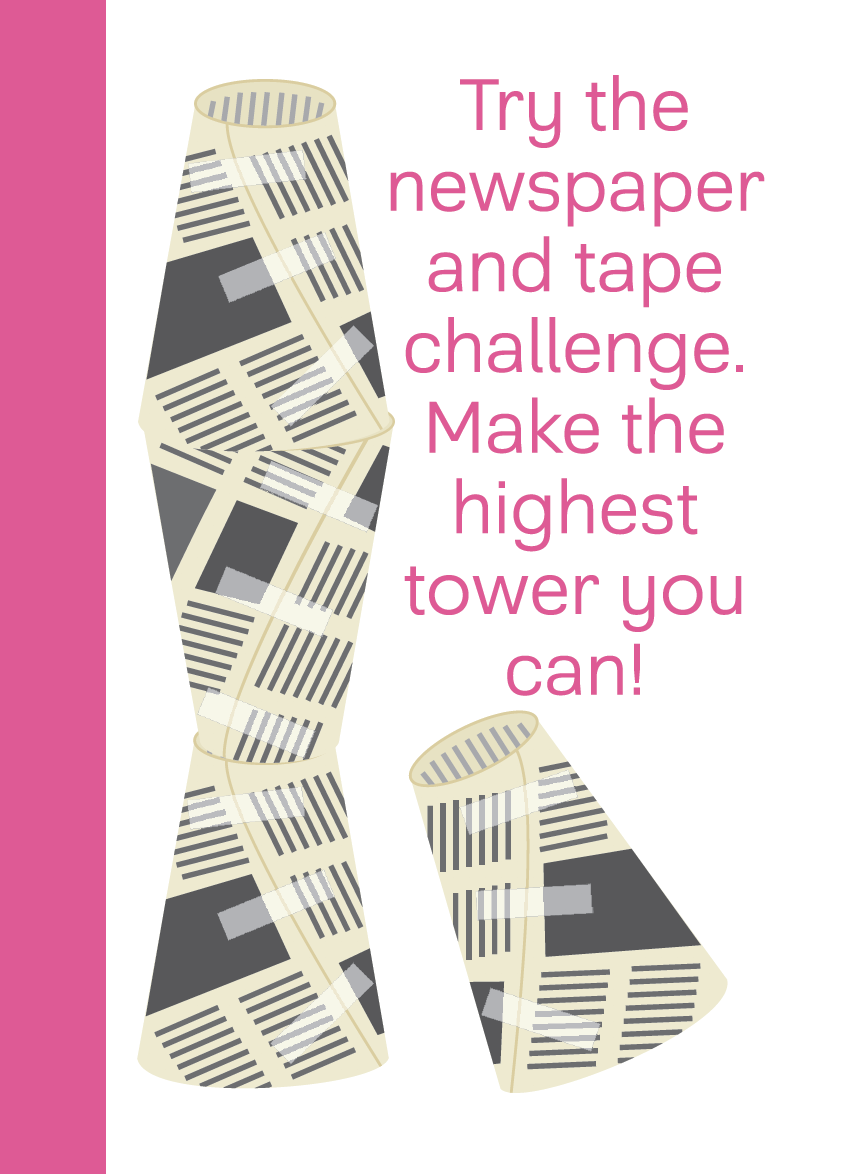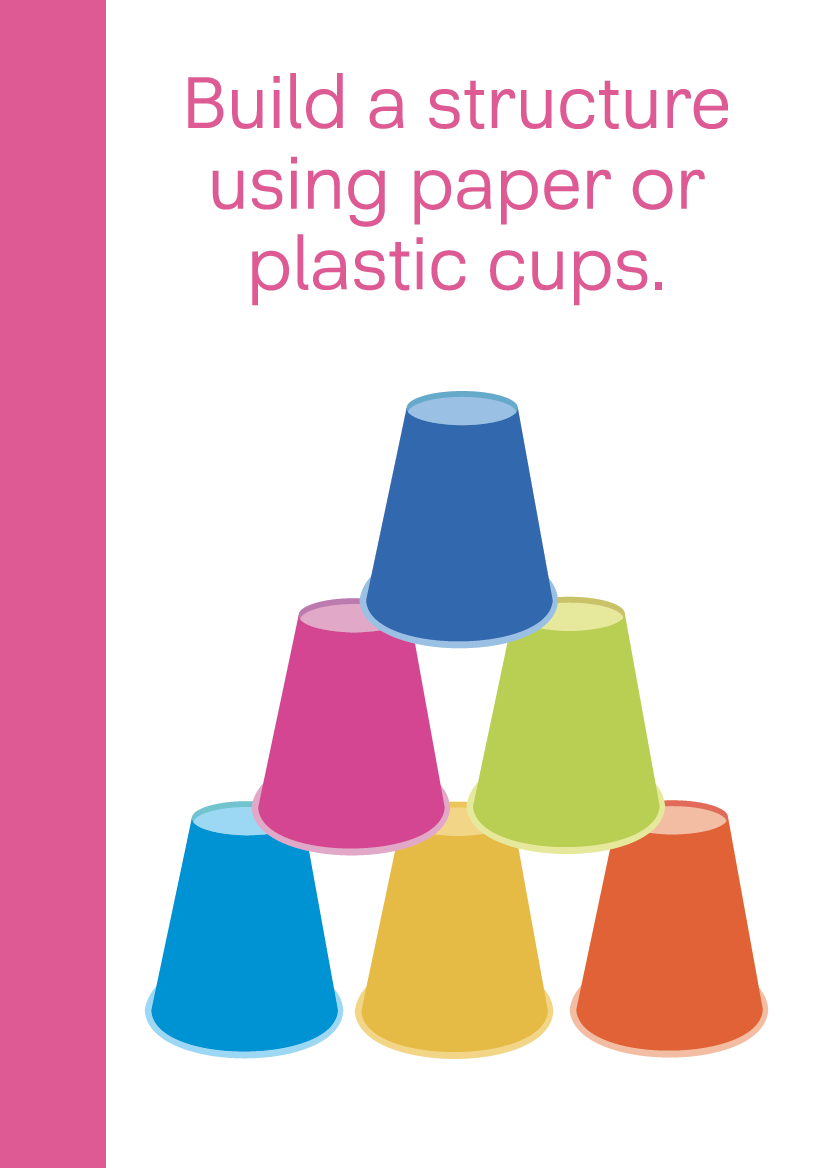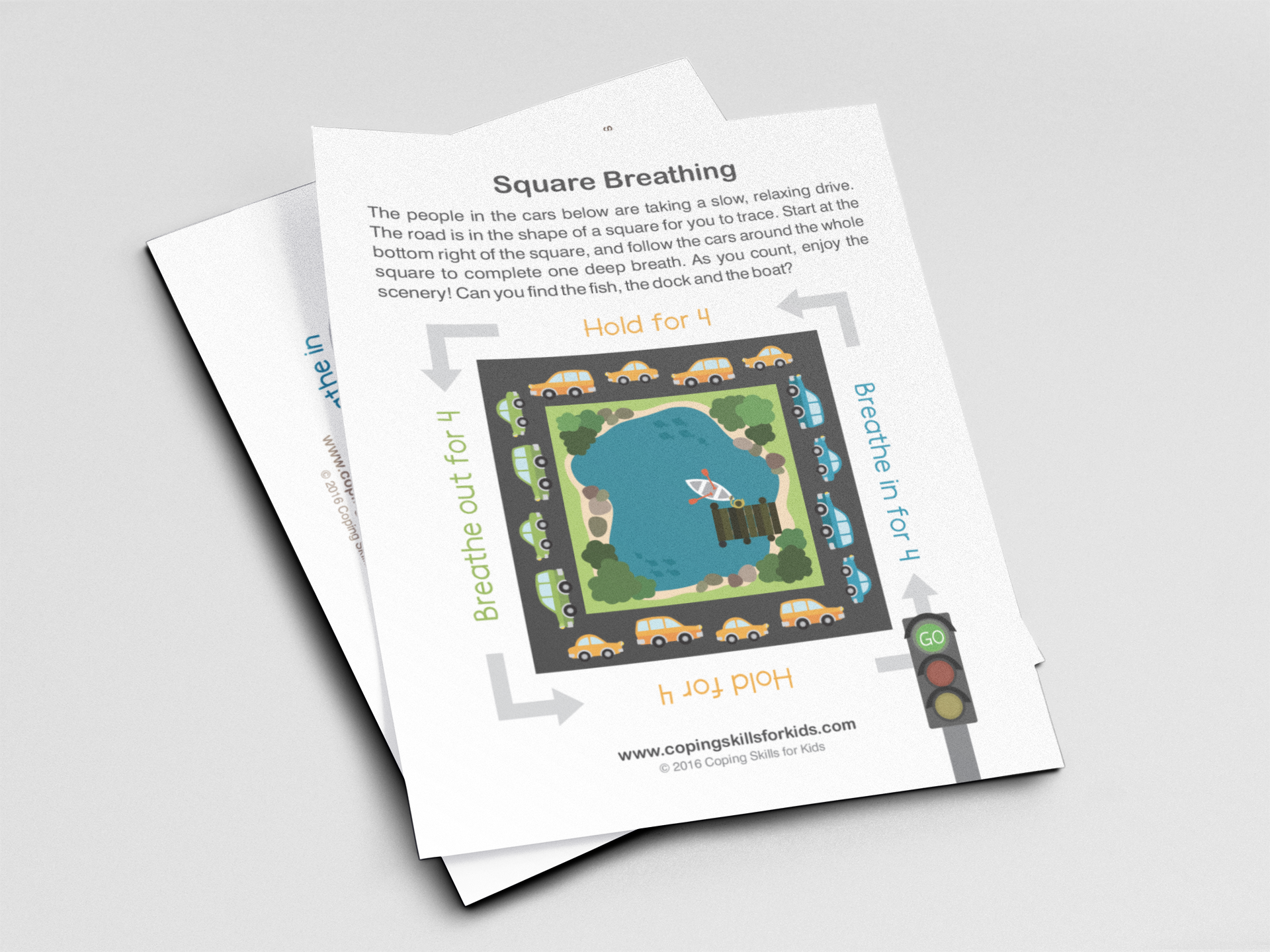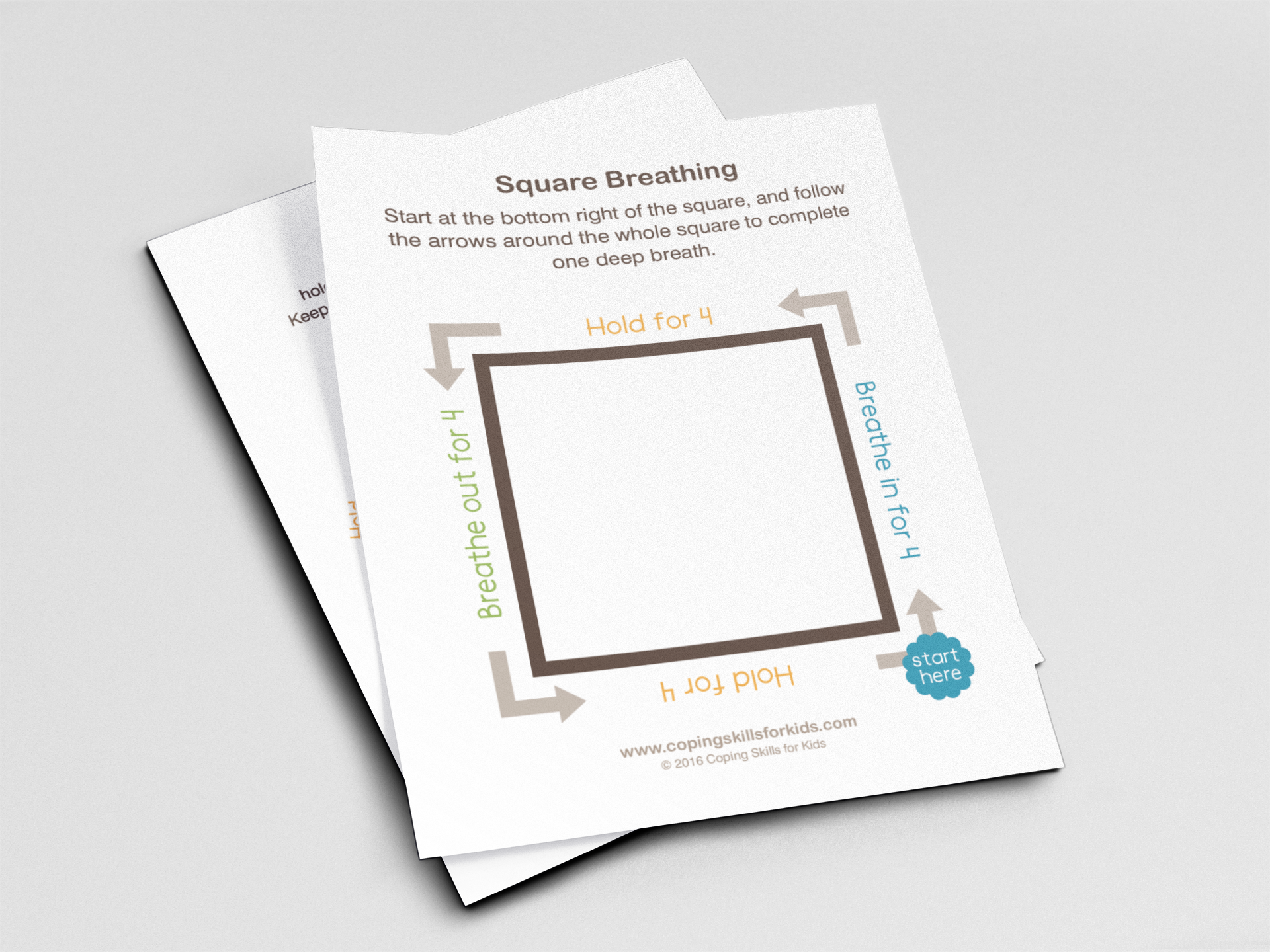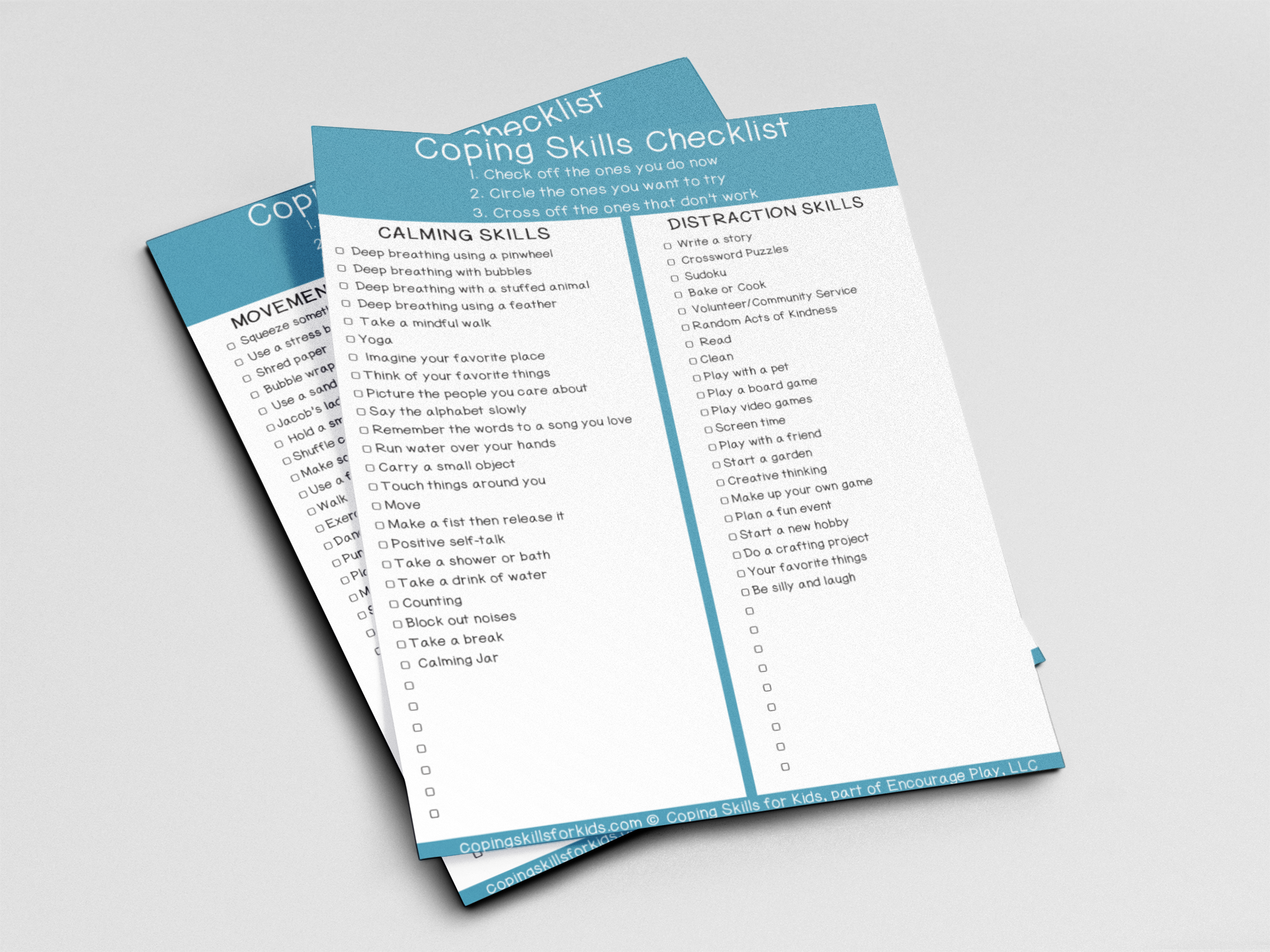Inside: Coping skills for kids, teens, and adults to help deal with anxiety and stress around Coronavirus (COVID-19). Also, a collection of resources to help adults talk with kids and teens about the virus.
Coping with Coronavirus (COVID-19)
What a strange time, huh? Things are changing day-to-day, and there’s a lot we don’t know and can’t control. For me, this means interacting with my clients and their families via email, phone, and video calls. And trying to support the people coming to my websites by providing resources to help. So, I wanted to offer some suggestions for kids and adults to help deal with the stress and anxiety that is happening right now
Coping Skills to Try
Label Your Feelings
First, recognize what you are feeling. Some days will be better than others. Some days, you’ll feel scared. Others days you’ll feel better. It may change throughout the day. That’s completely understandable at this time. And different people will have different feelings and reactions to the same information.
Why should we bother labeling our feelings? Clinical research has demonstrated that one way to help regulate your emotions is to identify them. In other words, once you can identify your feelings, it becomes easier to manage them. As Dr. Dan Siegel says, “When you name it, you can tame it.”
Acknowledge what you can and can’t control
There are some things you can control and some things you can’t. And situations like this one can highlight for us how many of the things we can’t control. Here’s a visual to help you understand the things you do have control over and the things you don’t have control over in your life.
Instead of focusing on those things you have no control over, you can focus on what you CAN control, and that is YOU. You can control how you act, what you say, what you do, how you behave, how you respond to someone.
Think about the sentence: How can I make this better?
Make a Plan
Now that you are focused on what you can control, let’s make a plan. You can use the problem-solving steps to make a plan to solve problems.
Identify the Problem
For example, I miss my friends.
Generate Ideas to Solve the Problem
The next step is to generate several ideas for solving an issue. Not all of them will work, but you’re not trying to pick out ones that will and won’t work during this step. Right now, it’s just about generating ideas.
Send them a card
FaceTime my friends
Email them
Call Them
Play a game online together
Watch the same TV show and call each other to talk about it
Pick out a few ideas for solving the problem and use them!
Perhaps your friend doesn’t have a phone, so you can’t FaceTime. But maybe you can email or play a game online together, or call them to talk.
Do something fun
Play is a natural stress reliever for kids. I would encourage everyone to use their favorite distraction coping skills right now. Why? First, it helps your brain. When you are in fight, flight, or freeze mode, your emotional brain is in charge. By doing something distracting, you’re giving your brain a chance to switch back so that the thinking part of your brain can come back online.
There are going to be times in your life when you have gone over things in your mind, you’ve identified all the things to explain how you are feeling, but you STILL can’t get it off of your mind. That could be happening to you right now. You may find yourself perseverating on these issues, and unable to focus on anything else - at that point, it makes sense to use a distraction skill. In my house, here are some of my favorite distraction skills:
Puzzles
Sewing
Knitting
Reading
Watching TV
Listening to Audiobooks
Coloring
from the Coping Cue Cards Distraction Deck
To give people ideas of ways they can play, and places they can go online to play and connect with others, I wrote a blog post over on Encourage Play with awesome play ideas for families at home. I’m going to continue to update it as I find new helpful online resources.
“Play and unscheduled downtime are central to our emotional well-being throughout our lives.”
- Play = Learning
edited by Dorothy G. Singer, Roberta Michnick Golinkoff, and Kathy Hirsh-Pasek
Do some Movement
People always talk about exercise as a central pillar of mental health. Why? First of all, the human body is fantastic. It allows you to think, move, and interact with the world. It allows you to express yourself. How your body feels can have an impact on how you are emotionally feeling.
Exercise releases chemicals called endorphins. These “feel-good chemicals” trigger positive feelings in your brain. So by releasing endorphins, you are tapping into a natural way to improve your state of mind. After a long run or an exercise class, your body might be tired, but your endorphins are running high. You don’t have to run a 5k to get it, either. Any type of movement will do this.
You can take a walk around your neighborhood while you practice social distancing. You can do some stretches at your house. You can do a GoNoodle indoor recess video. You can play video games that involve moving like Just Dance or Arms. Keep yourself active even during this time.
Before you start any exercise routine, please check with your doctor to get recommendations about what to do and what to avoid, based on your own body and medical needs.
Practice gratitude
There’s a lot of research around gratitude, which shows that being grateful can improve psychological health, reduce toxic emotions, and increase empathy.
You can take a few minutes and write down a few things you are thankful for. If you find it challenging at first, focus on just 2 or 3 things. It doesn’t have to be significant. It could be that you’re grateful for how the sun feels on your skin, or that your friend makes you laugh, or that your mom made your favorite breakfast.
Or it could be big things like you’re grateful for your family, people who love you, or your support system. You can write them on a slip of paper and put them in a jar. That way, you can physically see them all. Or you could take strips of paper and make a paper chain of gratitude that you hang in your room. Or you can write it in a journal.
FOR THE ADULTS
The coping skills I shared earlier are ones that you can do too. There’s a lot on you now. Constant caregiving is a challenge on good days. This is a tough, exhausting time. For you, figuring out self-care strategies when you are surrounded by others is a challenge. But here are some ideas that may help you:
Talk to other adults about how you’re feeling
You may be having a ton of emotions and thoughts about this whole situation. You may be worried about your parents or grandparents, or concerned about someone in your life with a compromised immune system. Please talk to someone. Call or text your friends. If you don’t have anyone at your home, there are online communities you can join. There are Facebook groups for everything. Here are some of my favorite online parenting communities.
AT Parenting Community with Natasha Daniels, LCSW, Child Therapist & Author - specifically for parents of kids with anxiety and OCD
We Turned Out Okay Parent Coaching Community with Karen Lock Kolp, MEd - especially for parents of little kids
Growing Up Confident Community with Kim Lange, Child & Adolescent Therapist - Focused on the emotional lives of children.
The Neighborhood at Imperfect Families from Nicole Schwarz, Parent Coach and LMFT focused on a positive parenting approach.
The Village from Happily Family - Run by Cecilia & Jason Hilkey with a focus on mindful parenting.
Take a quick walk or go outside for a few moments if you can
If you can just take a moment for yourself, because that’s all you have, do it. Take a few deep breaths. If you have a partner, try to tag team, and make sure you each get breaks. If you don’t, put on a new show for your kids and have tea in the other room for a moment. Here’s a great post about self-care for people who don’t have time for self-care.
I’m having Nutella & wine, what are you going to have?
As for me, I’m also going to indulge a little bit. I made chocolate chip muffins the other day, and they were terrific! I’m supporting my local wine store by ordering delivery. I have some of my favorite treats in the house, like Nutella, of course. And my husband got ice cream. We’re not going to go crazy and eat dessert for dinner all the time. But it will happen 🙂
RESOURCES TO TALK WITH KIDS & TEENS
ABOUT CORONAVIRUS (COVID-19)
I’ve been collecting great resources from my colleagues who are recording videos and sharing their thoughts and strategies on coping with COVID-19. I will continue to update this list as I find more things.
How To Cope with Anxiety about Coronavirus
VIDEO Natasha Daniels: What is the Coronavirus for Kids and Teens and here are some more resources from Natasha (scroll down to see them).
VIDEO Renee Jain and Laura Markham talking about Coronavirus
Tina Payne Bryson about talking to children about coronavirus
Talking to kids with Anxiety & ADHD about Coronavirus from Additudemag
Foldable comic about Coronavirus for kids
Social Story for Kids about Coronavirus
Resources for Supporting Families During the Coronavirus from the Child Mind Institute
SOME Resources from Coping Skills for Kids
Right now, I’m offering my Coping Skills Family Activity e-book for 50% off
And we have other free resources!
